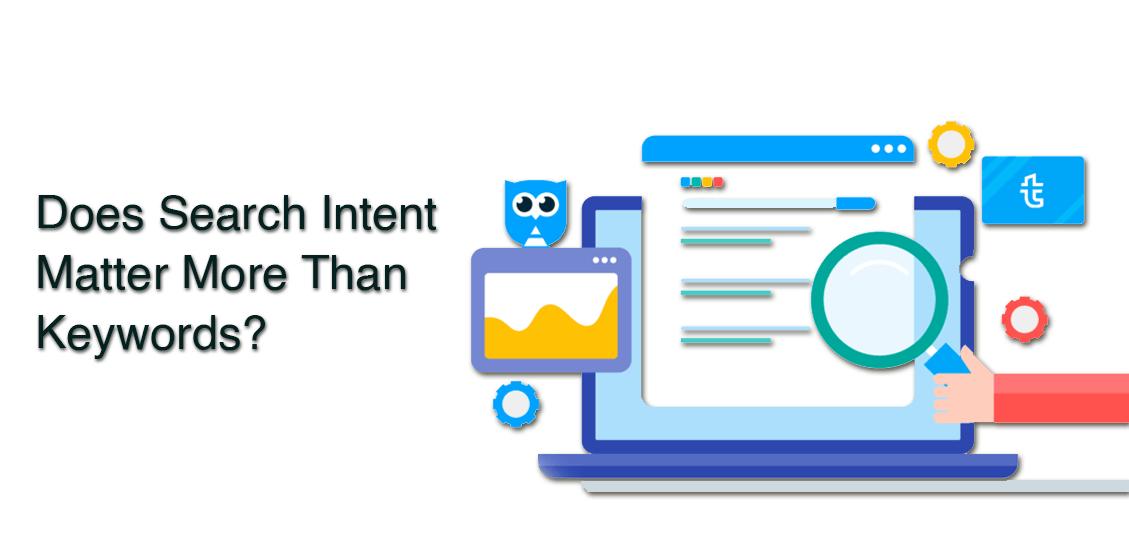In the vast world of the online marketplace, visibility is essential for success. Most consumers, whether they’re looking for clothes, kitchen appliances, or even a new car, go online because they know the selection is almost limitless. However, for online retailers, this can be a double-edged sword because your website can easily be lost in a sea of search results. In the world of eCommerce, how do you stand out?
SEO, or search engine optimization, is a set of practices for improving how your website ranks on search engines, leading to more visibility, and then ideally, more organic traffic. Whether your site needs traditional SEO, enterprise SEO, or even medical SEO, this is one of the most effective strategies in digital marketing to get your website in front of potential customers.
To improve your SEO, there are many factors to consider, such as your site’s usability, keywords, and backlinks. However, Google and other search engines constantly change their algorithms, which means they change how they value (and then rank) your site.
In recent years, Google has been putting more of an emphasis on search intent, as compared to traditionally SEO factors, like keywords. This leads many to ask: does search intent, now, matter more than keywords? Here, we take a closer look at search intent and how both search intent and keywords rely on one another for quality SEO.
WHAT IS SEARCH INTENT?
When an internet user is typing something into a search engine, there’s always a purpose. Whether you’re searching for the best Thai food in town, a new career, or looking to learn more about ancient Egypt, there’s a specific “intent” behind any search engine query. The role of the search engine, of course, is to then connect the user with the most relevant and useful website to fulfill their search.
Over recent years, Google and other search engines have made search intent a focus of their algorithm updates to better match users with high-quality, relevant information and websites. The web is vast, and at times confusing, space to navigate, which is why search engines put so much emphasis on accurately responding to a user’s search intent. They’re here, after all, to help answer your questions.
FOUR TYPES OF SEARCH INTENT
Commonly, search intent is divided into four types: informational, navigational, transactional, and commercial. Here’s a closer look at each of these four types of search intent.
1. Informational search intent.
When most people search the internet, they’re looking for information. Users with informational intent have a question in mind and rely on the search engine to provide them with an answer.
2. Navigational search intent.
This type of search intent refers to users who have a specific destination, or website, already in mind. For example, if a user is looking for National Geographic, they’ll most likely type these two words into the search engine and go immediately to National geographic Ranking well for this type of search intent is only relevant if your site is actually the one that users are searching for.
3. Commercial search intent.
Search engines were originally designed to help users navigate the information highway. However, as more and more companies and services have moved online, eCommerce has skyrocketed. Nowadays, you can buy practically anything online, and usually, find it at a more competitive price. Whether looking for shoes, a new car, or even a new doctor, this is why so many users have commercial intent when using search engines.
4. Transnational search intent.
Related to commercial intent, transactional intent is the natural next step for many consumers in the buying process. After they’ve done their research and price comparison, users will return to search engines with the intent to buy. These searches are generally a very product or store specific since the user has a good idea of what they already want when searching.
KEYWORDS AND SEARCH INTENT
Does search intent matter more than keywords? This is a challenging question to accurately answer because both of these SEO factors rely on one another. Search intent is based on specific keywords that, if you understand how they work, can help you optimize your site.
Different intent types generally have unique keywords and phrasing. For example, a user with transactional search intent will commonly use the words “buy” or “price.” A user with informational search intent may include phrasing such as “how-to” or “why.” These words are important to signal to Google, or other search engines, about what types of content to provide.
HOW TO OPTIMIZE FOR SEARCH INTENT
In addition to working with a trusted SEO agency, there are ways to optimize your website and content to address a user’s search intent.
1. Mapping keywords.
To optimize for SEO, both search intent and keywords are critical, which is why keyword mapping is one of the first important steps. Create a chart (Excel is always useful here) and begin recording keywords based on search volume, value, and intent type. Over time, this will provide a blueprint for the popularity of keywords and which ones you should target in your content.
2. Search engine analysis.
You can also pull data straight from the search engines. To help you match with a user's search intent, run your keywords through Google and study the results. This process should give you insight into which websites are ranking well for certain keywords, and most importantly, why.
3. Optimize content.
It’s always helpful to go back and optimize any of your existing content. Review for search intent, keywords, and assess how well your content responds to what your users are looking for.
CONCLUSION – DOES SEARCH INTENT MATTER MORE THAN KEYWORDS?
In the end, it’s difficult to determine if search intent matters more than keywords. Check out an SEO company near you! In the world of SEO, there are a variety of factors, often working together, that determine your page’s ranking. For strong SEO, you should take both user search intent and keywords into account, in addition to other SEO characteristics, such as backlinks, page loading time, user interface, images and videos, and high-quality content. It’s the combination of all these factors that will most effectively boost your page up Google’s ladder of search results.







